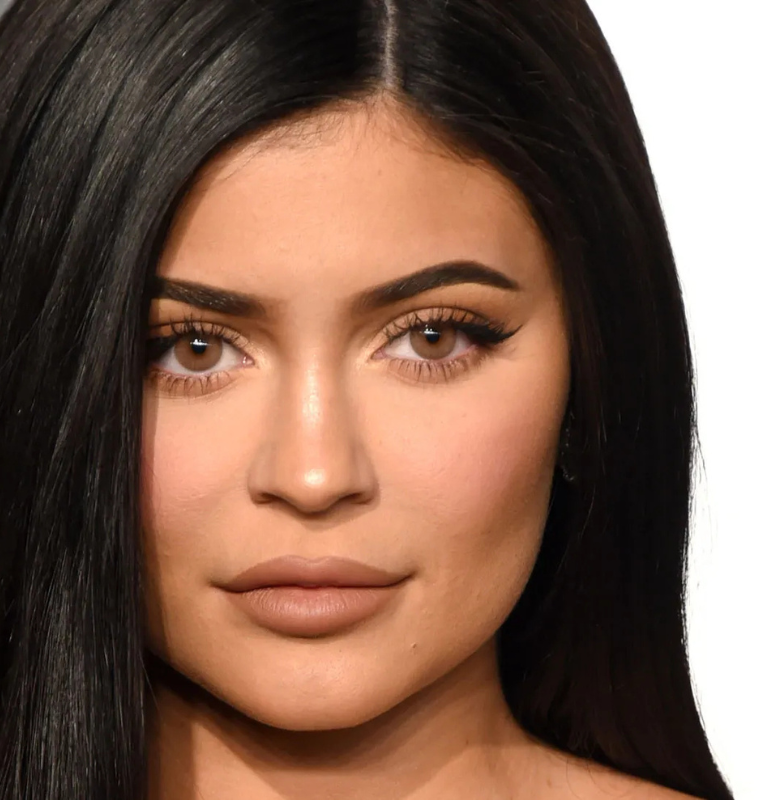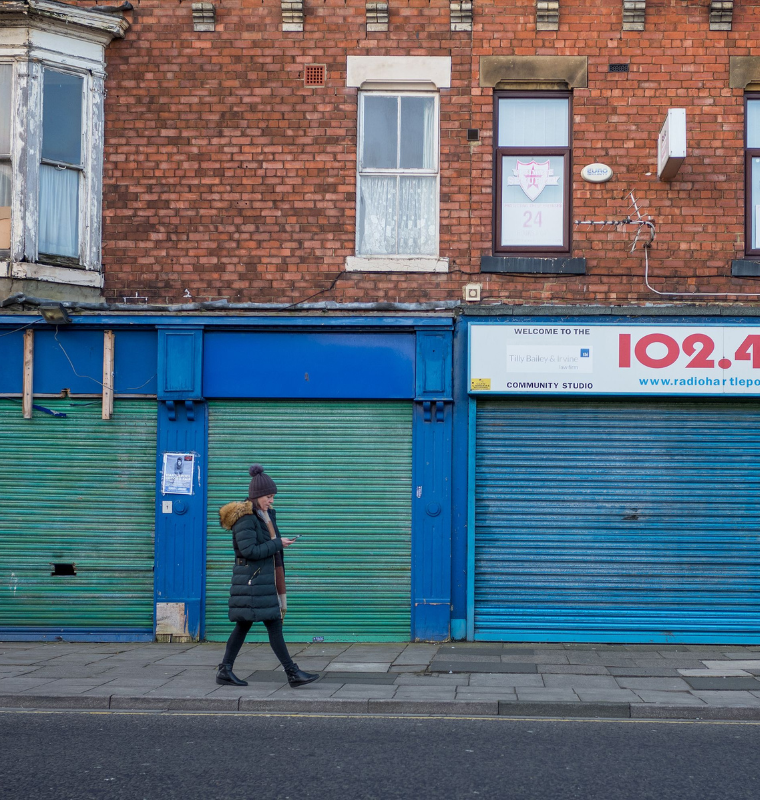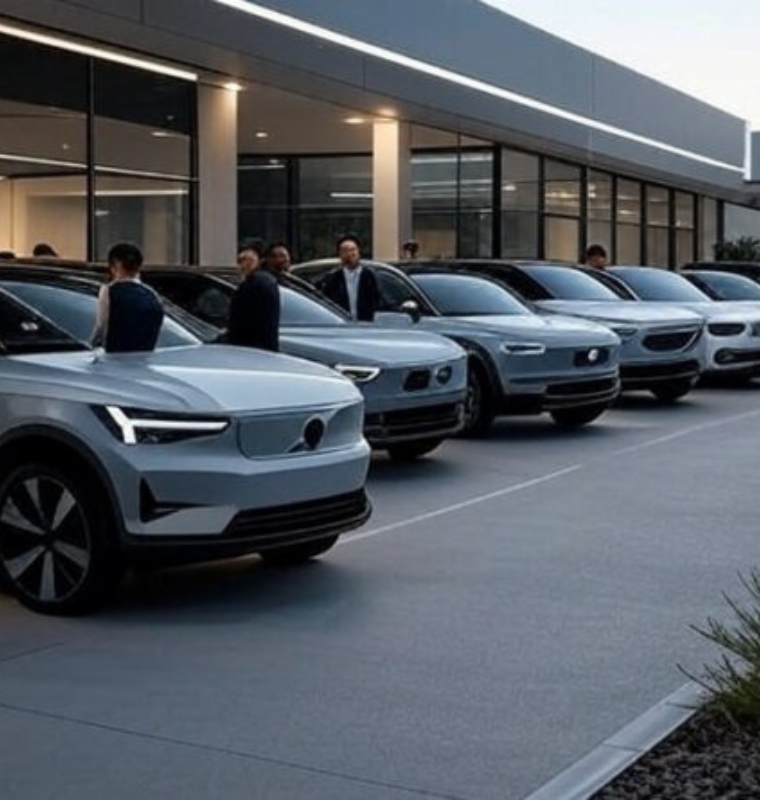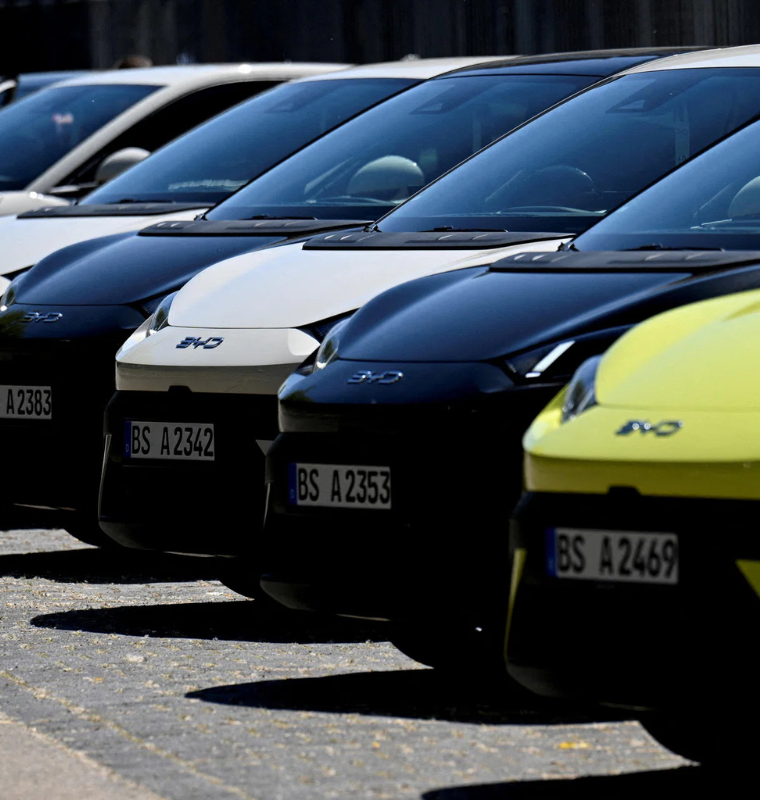Novartis Banks on Kisqali to Lead Its Oncology Future Amid Surging Sales
Novartis Banks on Kisqali to Lead Its Oncology Future Amid Surging Sales
By
Calder Monroe
Last updated:
July 18, 2025
First Published:
July 18, 2025

Photo: Fierce Pharma
Novartis Eyes Kisqali as Its Next Blockbuster Drug
Swiss pharmaceutical giant Novartis is pivoting toward its oncology pipeline, placing a major bet on Kisqali, a breast cancer drug that has shown extraordinary momentum in recent quarters. The company is preparing for a post-Entresto era as the heart failure medication—currently its top-selling product—faces upcoming generic competition in the U.S.
In its second-quarter earnings report released Thursday, Novartis highlighted a 64% global increase in Kisqali sales (at constant currency), with U.S. sales doubling compared to the same quarter last year. This follows a 56% sales jump in Q1 2025, marking back-to-back quarters of aggressive growth.
Breast Cancer on the Rise Globally
Kisqali is designed to treat HR-positive, HER2-negative metastatic breast cancer, one of the most common forms of the disease. According to the World Health Organization, 1 in 20 women worldwide are projected to be diagnosed with breast cancer in their lifetime.
If current trends continue, breast cancer diagnoses could soar to 3.2 million cases annually by 2050, with an estimated 1.1 million global deaths per year, up significantly from 2.3 million diagnoses and 670,000 deaths in 2022.
This alarming rise is fueling the demand for targeted, effective treatments — positioning Kisqali as a strategic growth driver for Novartis in the years ahead.
Entresto’s Future in Jeopardy
While Kisqali gains traction, Novartis is bracing for the expiration of its Entresto patent in the U.S. — a major event that could reshape its revenue profile. Entresto generated $7.8 billion in global revenue in 2024, making up about 15% of Novartis’ total sales.
Despite a 22% year-over-year increase in Q2 Entresto sales, the company expects generic competition to begin by mid-2025, pending the outcome of ongoing intellectual property and regulatory litigation.
A recent setback came as a U.S. federal judge denied Novartis’ motion for a preliminary injunction to block MSN Pharmaceuticals from launching a generic version ahead of the scheduled patent expiration.
Outgoing CFO Harry Kirsch remained optimistic, saying that “each month we retain exclusivity brings significant upside.”
Strong Pipeline Beyond Kisqali
Novartis CEO Vas Narasimhan also emphasized confidence in other drugs in the company’s pipeline:
- Pluvicto, targeting advanced prostate cancer
- Scemblix, for chronic myeloid leukemia
Both are on track to become future blockbusters, according to the company.
“We continue to drive strong performance on our ongoing launches for Kisqali, Pluvicto, and Scemblix, demonstrating the replacement power in our portfolio,” Narasimhan said.
Financial Results and Investor Confidence
In Q2 2025, Novartis reported:
- $14.05 billion in net sales (up 11% YoY, constant currency), slightly below analyst expectations of $14.18B
- $5.93 billion in adjusted core operating income, beating the $5.69B estimate
The company raised its full-year guidance, now forecasting “low teens” growth in core operating income, up from “low double digits.” Sales are still projected to grow in the high single digits.
To reinforce its long-term strategy, Novartis also announced an up to $10 billion share buyback program, citing strong earnings momentum and confidence in its oncology and specialty drugs pipeline.
Final Thoughts: A Strategic Shift to Oncology
As Novartis prepares for a future without Entresto dominance, it is clearly doubling down on cancer treatments — particularly in breast cancer, which represents a growing global health crisis. The strong performance of Kisqali, combined with a robust pipeline and confident financial outlook, suggests the Swiss drugmaker is well-positioned to navigate this transition.
Investors appear to agree, as the company's expanding oncology footprint and shareholder returns strategy continue to drive bullish sentiment in the market.
Popular articles
Subscribe to unlock premium content
Kylie Jenner’s $420M Beauty Empire Unravels: Inside the Stunning Fall of a Social Media Mogul

Britain’s Economic Decline: From Global Powerhouse to Financial Strain

Trapped by Perfection: How AI Beauty Filters Are Rewiring Our Faces—and Our Minds

Kylie Jenner’s $420M Beauty Empire Unravels: Inside the Stunning Fall of a Social Media Mogul

Britain’s Economic Decline: From Global Powerhouse to Financial Strain

Kylie Jenner’s $420M Beauty Empire Unravels: Inside the Stunning Fall of a Social Media Mogul









